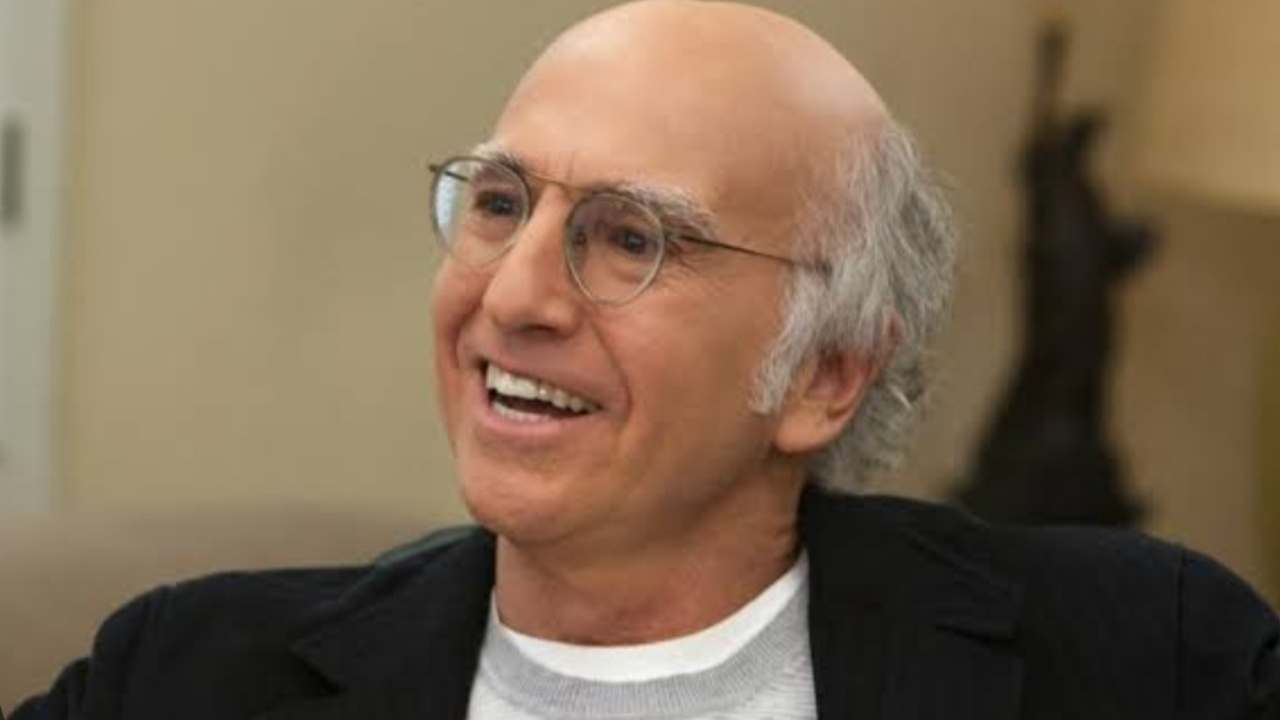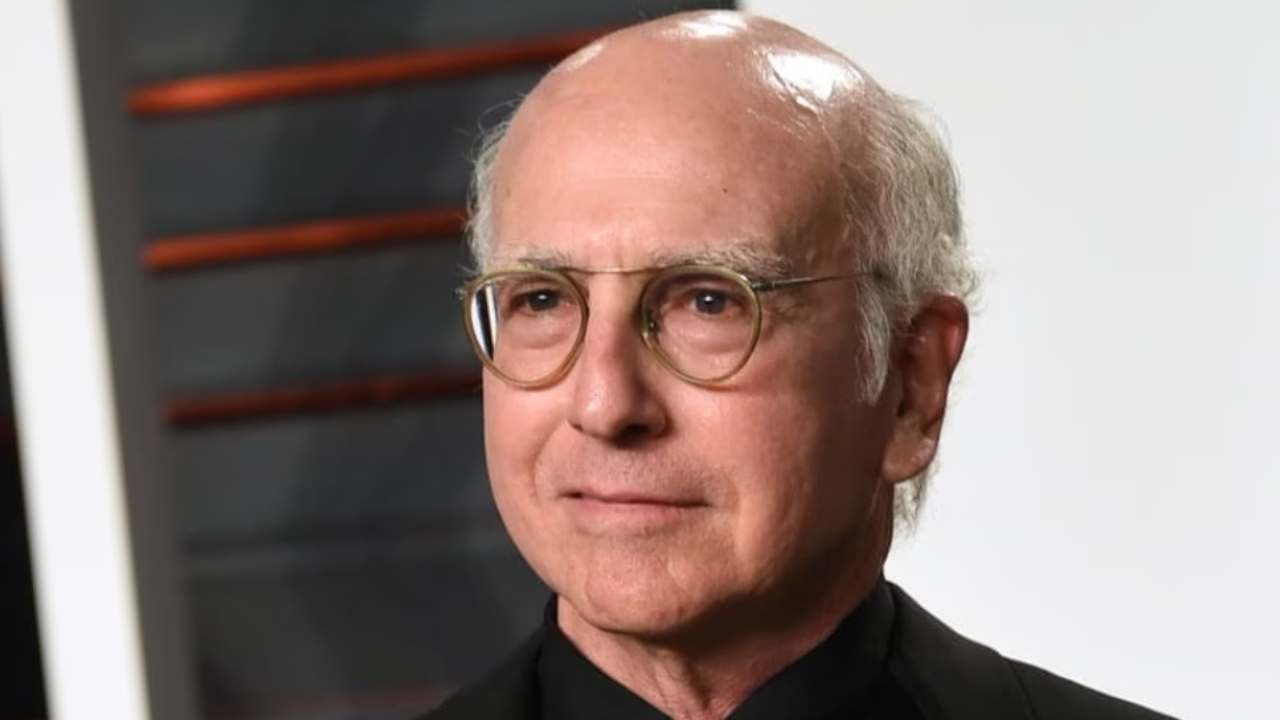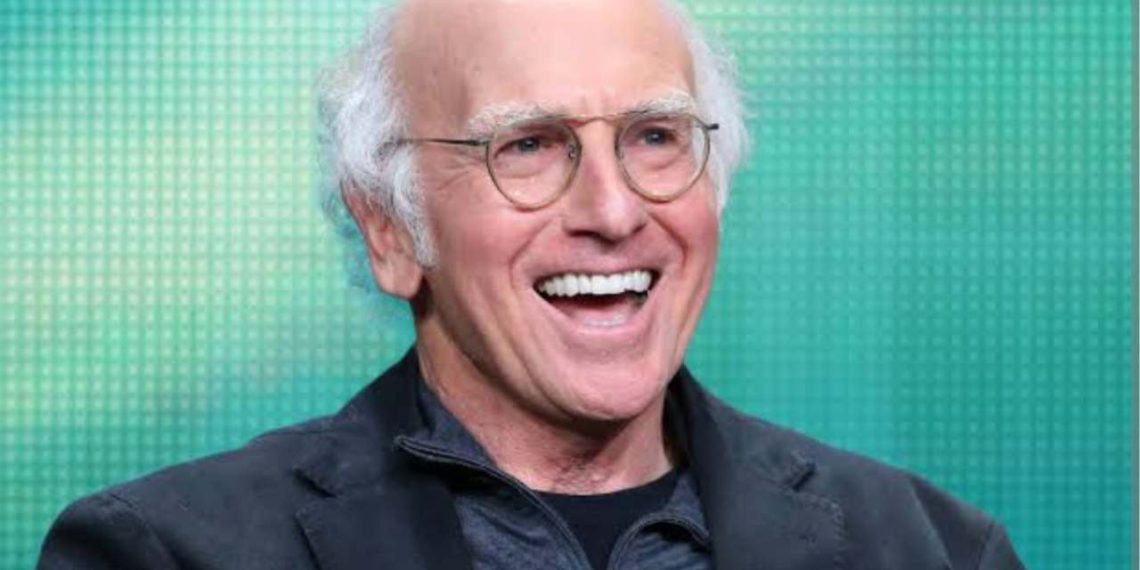The curtain fell on the satirical comedy series Curb Your Enthusiasm this past Sunday, wrapping up with a finale that revisited memorable moments from its 12-season run.
Larry David, portraying a heightened version of himself as a semi-retired TV writer and producer in Los Angeles, led the HBO series to its conclusion.
Empire hailed the show as “an all-time great in the TV comedy hall of fame” in its review of the final season, while the AV Club found the last episode “lacking in surprises.”

The initial run of Curb Your Enthusiasm wrapped up in 2011, only to return six years later for more comedic antics. Across its iterations, the series has amassed a total of 120 episodes.
“Curb, which debuted as a regular series in 2000 after first airing as a special in 1999, is as old as this century, and has moved forward by perpetually pushing limits,” wrote Variety’s Daniel D’Addario.
“It’s done a solid if not always optimally elegant job of tracking the evolving dinner-party trending topics over two decades. The show’s on-the-fly nature – with its wholly improvised conversations built around the loose outline of a plot – effectively invented a category of entertainment, but also means that the show is by its nature a blunt instrument.
“Larry and his friends are loopily, outrageously funny; they live out loud; they play games of one-upsmanship that are genuinely delightful to watch. But they are rarely sly.”
David provides a basic structure for each episode’s plot and subplot, but the dialogue is mainly improvised by the actors.
This approach often leads to spontaneous and memorable one-liners, as noted.
Throughout the final season, the overarching storyline revolves around Larry inadvertently violating Georgia election laws.
The season finale takes place in a courtroom, where characters from previous episodes provide testimony, serving as a nostalgic nod to past storylines.
However, Empire’s Boyd Hilton argued in an earlier review that the show’s peak moments often lie in scenes that don’t necessarily advance the main plot.
“It’s a measure of just how willing David is to mine anything and everything for comic effect that some of the funniest scenes this season occur when David is simply a vessel of impotent rage, at inanimate objects or unwitting service-industry workers,” he said.
“Those particular scenes don’t really go anywhere, and don’t need to. The show still makes time for some purely preposterous comedy shtick, and thank heavens for that.”
The series finale of Curb Your Enthusiasm boasted a lineup of celebrities, news anchors, and guest stars, including nods to the iconic TV comedy Seinfeld, which Larry David co-created.
Jerry Seinfeld himself made an appearance, adding to the nostalgic atmosphere.
The conclusion of Curb also cleverly referenced the criticism David faced for Seinfeld’s final episode.

One subplot involved Larry’s friend Leon (JB Smoove) finally watching Seinfeld, leading to a discussion about its ending.
This allowed Larry to indirectly address past criticism with the line:
“I’m not really interested in your opinion.”
In his review of the finale, a source noted that David had earned creative autonomy from HBO, allowing him to bid farewell on his own terms without concern for the reaction.
“Even so, it was nice to see in the Seinfeld plot that David could laugh not just at himself but at what many have long seen as one of his few conspicuous misfires.
“All told, as Larry is fond of saying, the result was pretty, pretty good, and indeed, even a bit better than that.
And while Larry made a point in the episode of saying he hadn’t learned a thing in his life, grading this on the spectrum of series finales would suggest otherwise.”
Meredith Hobbs Coons of the AV Club tempered her enthusiasm when critiquing the season finale of the show.
“With everything leading up to this big, Election Integrity Act/water bottle trial all season, we all knew Curb Your Enthusiasm would end with Larry in court, just as Seinfeld did in its two-part, 1998 finale,” she wrote.
“This was inevitable, but there were some variables at play, too: 1) whether our guy would be convicted and go to jail, and 2) which of Larry’s previous-season sins would show up to incriminate the man.
“Is fan service fun? Sure, it’s fine. And the court thing does serve as a convenient device to collect clips from seasons 1-12 to give the series a nostalgic send-off (which is why Seinfeld did it first, of course).
But the thing is, this episode revolved so much around the Seinfeld finale that it felt a bit expected and devoid of much surprise.”
Another source found the final season of the comedy somewhat lacking, partly attributing this sentiment to the real-life backdrop of the conflict in Israel.
“As I was watching, something felt out of kilter,” he said. “It wasn’t the occasional comic misfire that was bothering me. Nor was it the sense that the end of Curb signalled the end of something more than the show itself; the immigrant and children-of-immigrant Yiddishkeit version of Jewish humour has been on the wane for a long time.
“No, what was off was the timing, the misery of the moment. It was hard to think about the finale of Curb, or re-watch the Palestinian Chicken episode, amid the cruelty and carnage of the past six months.
“The comedy of manners plays with the mores of civilization; it can lose its charm when civilisation succumbs to barbarity. In life, as in comedy, timing is essential.”




